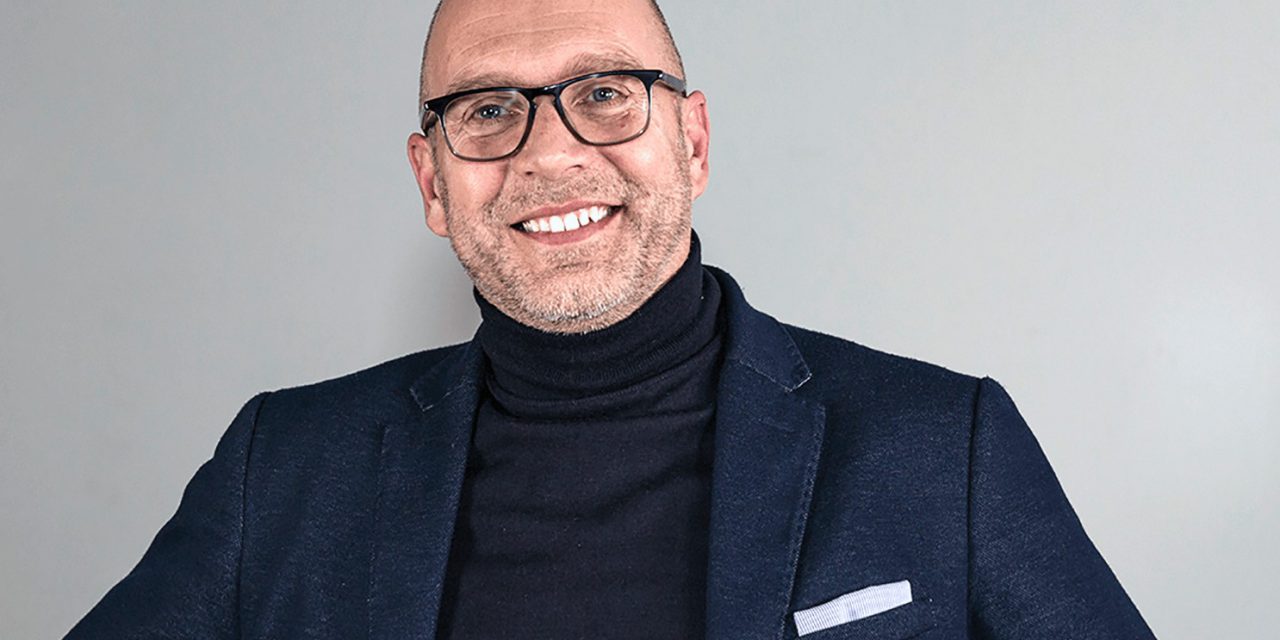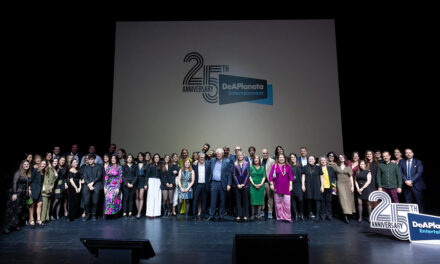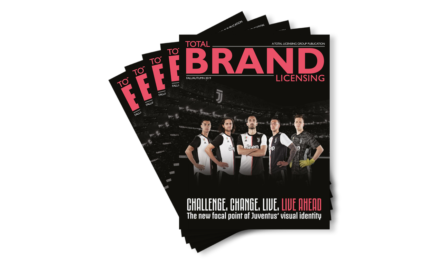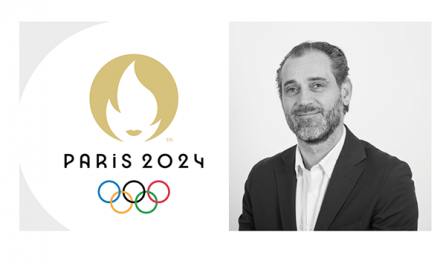
SILC Series: Sustainability in Design

Paul De’ATH, Design Educator at Central Saint Martins (CSM), tells Total Licensing how the university is putting sustainability at the top of its design course.
“Central Saint Martins, University of the Arts London (CSM) has re-written their design course this year to imbed sustainability through all aspects of their design education. Because of this SILC is extremely honoured to have Paul De’Arth, course leader, at CSM present how design is integral to a sustainable future at the inaugural conferece this year,” comments Helena Mansell-Stopher, Founder Products of Change and Conference Director SILC20.
Why is CSM supporting the SILC conference?
Paul: CSM is an incubator of fresh ideas and nurtures the development of better, future societies through design process and vision. By creating an environment to encourage confidence in our future leaders, we hope our students will progress to make the difference they all aspire to. But they need the experience of industry, of specialists, to focus their confidence. This conference pulls together so many licensing industry experts and specialists, that it becomes a network for our students to engage with, energising their desire for urgent action on the environment.
Why does sustainability need to be a top priority for business?
Paul: My biggest hope is to continue to see the engagement of ‘business’ with the climate and environmental issues that society faces. During my corporate days, it was more difficult to maintain a long-view, as those organisational structures prioritised short-term perspectives to deliver to growth targets. Competition leads to differentiation, whereas collaboration leads to shared values. In the evolving climate of consumption, and the desire of consumers to limit to impact of their behaviours, it is critical that business and consumers share a common goal that enables business to find the balance of economic, social and environmental aspects. Adapting to the changing behaviours and long-term values of consumers is something every business will need to do.
How can the brand and licensing industry benefit from the learnings coming from the university, both professors and students?
Paul: I am humbled by the attitude of this generation of students. Contrary to some media coverage, our students have a passion for doing good, through activism and progress. Creativity drives evolution of ideas and behaviours and they have a deep desire to create impact through knowledge. The academics have a privileged position whereby their research can sit outside of business objectives and focus upon social and cultural anthropology. We hope that these research projects can provide the foundations and guidance to direct the passion of students.
What are the core principles of design for a sustainable future?
Paul: There are design tools that can be learned; the ability to utilise hindsight, to establish the structure to discover insight, that leads to the process of delivering foresight. It is through the power of foresight that some of the design principles can be applied. The circular economy is our goal and the principles of eco-efficiency and eco-effectiveness enable a less wasteful, or zero-waste manufacturing route; the latter epitomised by biomimicry.
Paul has been proactive in evolving the role of design in business. With 12 years consulting and 11 years leading design teams for Samsung and Telefonica, he now has the responsibility as a design educator at CSM, guiding the next generation of creative minds to address the UN SDGs.
















